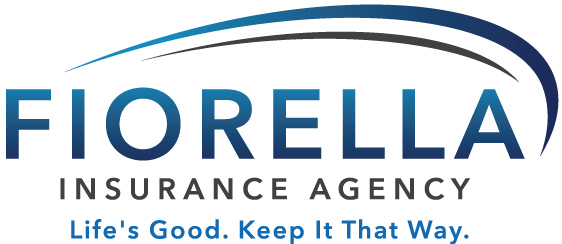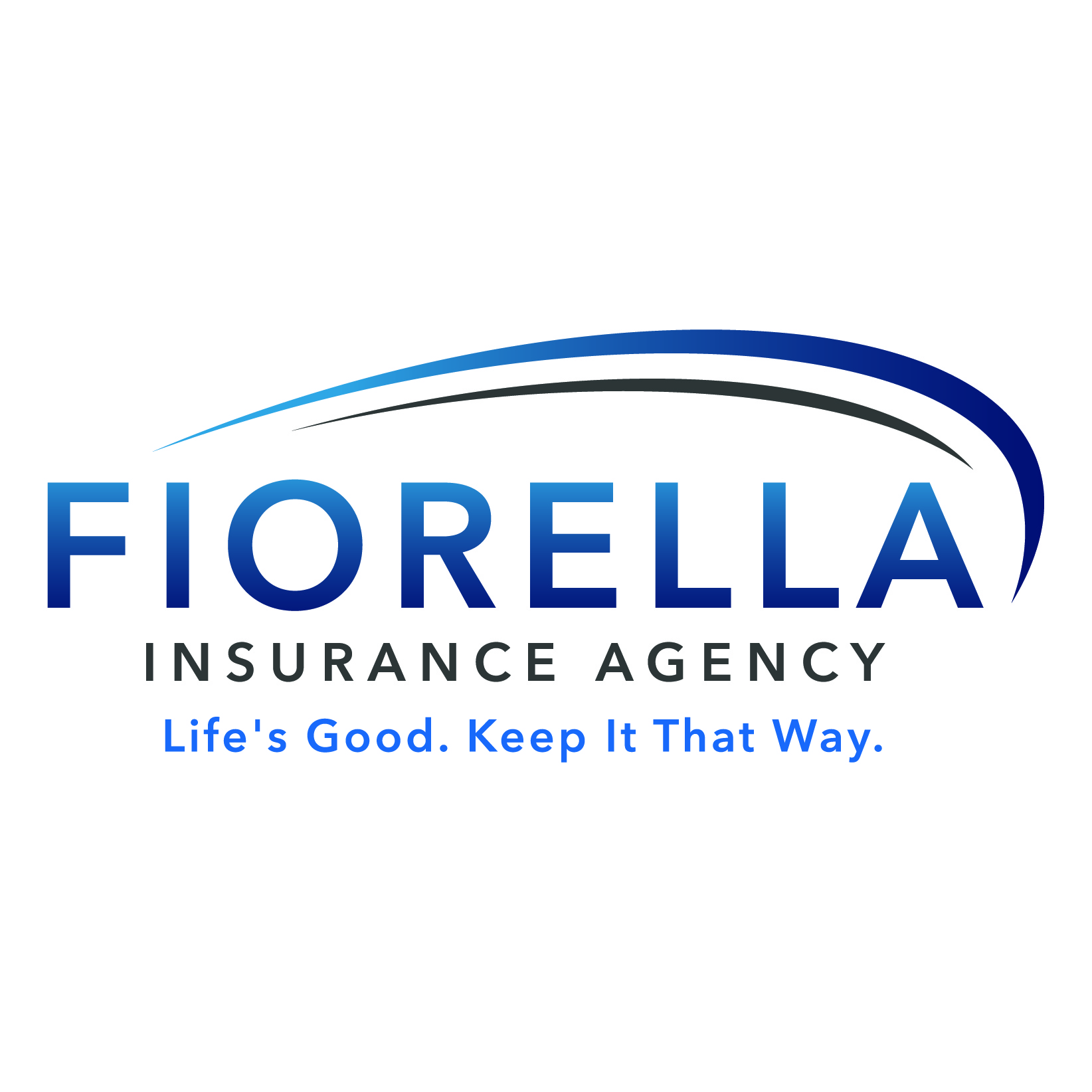What is voluntary health insurance? This question often arises when individuals or families are considering their healthcare options.
In this comprehensive guide, we will delve into the nuances of what is voluntary health insurance. We’ll explore its challenges such as adverse selection, a phenomenon that can significantly impact both providers and consumers of these types of plans.
We’ll also compare various types of voluntary benefits like dental and vision insurance with non-voluntary options. The transition from a parent’s plan upon losing eligibility will be discussed in detail too.
Additionally, we’ll examine how private insurance plays an essential role in healthcare financing globally. Lastly, for employers seeking to offer competitive employee benefits packages without directly purchasing traditional group health insurance, our insights may prove invaluable.
By the end of this blog, you’ll be fully informed on what is voluntary health insurance and how to get the most out of it.
Table of Contents
- Voluntary Health Insurance: Explained
- Understand Your Options
- Compare Plans
- How to Enroll in Individual Health Insurance
- Why Fully Paid Benefits Are a Game-Changer for Employees
- FAQs in Relation to What is Voluntary Health Insurance?
- Conclusion
Voluntary Health Insurance: Explained
Voluntary health insurance, also known as private health insurance, refers to coverage that individuals and families choose to purchase voluntarily. Unlike traditional group health insurance plans provided by employers or the federal government’s health insurance exchange like Obama Care Insurance, voluntary insurance allows you more flexibility in choosing your benefits package.
Differentiating Between Private and Employer-Sponsored Plans
The key difference between employer-sponsored insurance plans and voluntary ones lies in who pays for the policy. In a typical employer plan scenario, companies offer competitive employee benefits such as fully paid attractive benefit offerings including life and long-term disability insurance. On the other hand, when you purchase voluntary health insurance yourself from the marketplace, it becomes an individual coverage health reimbursement account (ICHRA).
The Benefits of Voluntary Health Insurance
A significant advantage of purchasing this type of healthcare coverage generally coincides with its flexibility – allowing policyholders to tailor their coverages according to personal needs ranging from common preventative care issues to hospital visits for severe illnesses.
- You can opt-in or out anytime without waiting for open enrollment periods typically required by traditional policies.
- If children are covered under a parent’s plan but are losing eligibility due to age restrictions or if they no longer live with their parents – they may consider getting their own private coverage instead.
- In cases where people incur extensive medical bills not covered by regular policies – having extra protection through private policies can be beneficial.
Purchasing Voluntary Health Insurance: What You Need To Know
To help those interested in obtaining Obama Care Insurance understand how cost-sharing reductions gaining status work within these types of programs; firstly know that while some small businesses might qualify for qualified small employer health reimbursement arrangements (QSEHRAs), most individuals will need to buy directly from insurers or use brokers’ services. However, do note that since 2019, individuals can no longer purchase health insurance penalty-free outside the ACA exchanges unless qualifying events occur such as job loss or childbirth.
Remember: Always consult professionals before making any decisions regarding your healthcare options!
Understand Your Options
In the realm of health care, understanding your options is crucial. One such option that has been gaining popularity is voluntary health insurance. Unlike traditional group health insurance plans which are often provided by employers, voluntary health insurance allows individuals to purchase their coverage directly from private insurers.
The Flexibility of Voluntary Health Insurance
This type of healthcare coverage generally coincides with a high degree of flexibility as you can choose the level and type of coverage that best suit your needs. This could include life insurance, long-term disability insurance, or even hospital visits for common preventative care issues.
Federal Government’s Health Insurance Exchange
You can purchase voluntary health insurance through the federal government’s health insurance exchange, commonly known as Obama Care Insurance, or through private marketplaces. Families and individuals who no longer purchase health insurance from employer-sponsored plans find this an attractive benefit offering.
Individual Coverage Health Reimbursement Account (ICHRA)
An emerging trend in voluntary benefits package includes individual coverage health reimbursement accounts (ICHRAs). These arrangements allow employees to be reimbursed tax-free for medical expenses and personal healthcare premiums up to a certain amount set by their employer – including cost-sharing reductions gained status under qualified small employer health reimbursement arrangements (QSEHRA). Such offerings make it easier for companies to offer competitive employee benefits without having to incur extensive medical bills themselves.
Children’s Health Insurance Program (CHIP) & Losing Eligibility on Parent’s Plan
If you have children under 19 years old, they may qualify for free or low-cost coverage via the Children’s Health Insurance Program (CHIP). Moreover, young adults losing eligibility under a parent’s plan upon turning 26 should consider purchasing voluntary private insurance as well.
Compare Plans
In the world of health care, it’s crucial to find a plan that best suits your needs and budget. There are various types of insurance plans available in the market today, including traditional group health insurance plans, private insurance, employer-sponsored insurance plans, and voluntary health insurance.
Voluntary health insurance is an option where individuals or families can purchase coverage on their own through a private company or through the federal government’s health insurance exchange. This type of individual coverage provides flexibility for those who may not have access to employer-based options or prefer more personalized healthcare coverage generally coincides with specific personal requirements.
The Benefits Package: A Comprehensive Approach
A comprehensive benefits package often includes life insurance, long-term disability insurance along with voluntary health insurance. Offering these fully paid attractive benefit offerings allows companies to offer competitive employee benefits packages while also providing employees with peace of mind knowing they’re covered should they incur extensive medical bills from hospital visits or common preventative care issues.
Finding The Right Plan For You
To ensure you select the right plan for your family’s needs, consider factors such as cost-sharing reductions gaining status under Obama Care Insurance and whether you qualify for programs like children’s health insurance program (CHIP) or qualified small employer health reimbursement arrangements (QSEHRAs). Remember that once someone turns 26 years old they can no longer purchase health insurance on their parent’s plan losing eligibility making it even more important to research all possible options. Visit Healthcare.gov to compare different plans and understand what each offers before making a decision.
Purchasing Voluntary Health Insurance
If you decide that purchasing voluntary health insurance is right for you remember there are many ways one could go about this process – either by using an individual Coverage Health Reimbursement Account (ICHRA), obtaining it via a Private Company offering such services, or going directly through the Federal Government’s Exchange platform. Each method has its pros & cons so be sure to take time to compare them all carefully before settling down on any single choice. Here is additional information regarding state marketplaces.
How to Enroll in Individual Health Insurance
If you’re considering purchasing voluntary health insurance, there are several options available. Voluntary health insurance, also known as private health insurance, can be a viable alternative if you no longer purchase health insurance through traditional group health insurance plans or employer-sponsored insurance plans.
The Federal Government’s Health Insurance Exchange
The federal government’s health insurance exchange is one of the most common platforms where individuals and families can shop for healthcare coverage that generally coincides with their needs. It offers various plans, including those under Obama Care Insurance. The benefits package offered by these plans often includes cost-sharing reductions gaining status and covers common preventative care issues such as hospital visits.
Private Insurance Options
In addition to the federal marketplace, many companies offer voluntary or private insurance. These could include life insurance or long-term disability insurance which may come in handy should an individual incur extensive medical bills due to unforeseen circumstances.
Children’s Health Insurance Program (CHIP)
If your family has children under 19 years old who aren’t covered by any other form of healthcare plan, they might qualify for the Children’s Health Insurance Program (CHIP). This program provides low-cost coverage specifically designed for children and teens up until they reach adulthood.
Fully Paid Attractive Benefit Offering: Individual Coverage Health Reimbursement Account (ICHRA)
A recent development in voluntary health care is the introduction of Individual Coverage Health Reimbursement Accounts (ICHRA). ICHRAs allow employers to provide employees with tax-free money which they can use towards their own personal healthcare expenses – a fully paid attractive benefit offering indeed!
Remember that enrolling in voluntary health care requires careful consideration and research into what best suits your specific needs. Whether it’s through Obama Care on the federal government’s exchange platform or via private insurers offering competitive employee benefits packages like ICHRA – make sure you’re making informed decisions about your future.
Why Fully Paid Benefits Are a Game-Changer for Employees
In today’s cutthroat job market, offering more than just a paycheck is crucial. A comprehensive benefits package can make all the difference. And nothing grabs attention like fully paid benefits, such as life or long-term disability insurance.
How to Stay Competitive with Employee Benefits
The world of employer-sponsored healthcare has undergone a major transformation. Many small businesses now opt for qualified small employer health reimbursement arrangements (QSEHRAs) instead of traditional group health insurance plans. It’s like a David and Goliath situation.
- Flexibility at Its Finest: QSEHRAs let employers set aside pre-tax dollars for employees to purchase voluntary health insurance. This is done through the federal government’s health insurance exchange or private insurance plans.
- Tax Advantages Galore: Contributions to QSEHRAs are tax-deductible for employers and tax-free for employees.
- Affordability Made Easy: With a fixed monthly amount, businesses can control healthcare costs while still offering valuable benefits. It’s like getting the most value for your money.
This approach allows small businesses to compete with the big guns in attracting top talent without draining their bank accounts.
FAQs in Relation to What is Voluntary Health Insurance?
What is voluntary health insurance?
Voluntary health insurance, also known as private health insurance, is a type of coverage that individuals and families can choose to purchase on their own. Unlike mandatory or government-provided insurance programs such as Medicaid or Medicare, voluntary health insurance plans are not required by law. They typically offer more extensive coverage options and flexibility in terms of care providers compared to public alternatives. These plans are often provided through employers but can also be purchased independently.
What is the difference between voluntary and non-voluntary benefits?
Voluntary benefits are optional, additional benefits that a person can choose to add to their insurance plan. These might include services like dental or vision care, life insurance, or disability coverage. The individual typically pays for these extra coverages.
Non-voluntary benefits, on the other hand, are those that an employer must provide as part of an employee’s compensation package. Examples could be health insurance under Obama Care Insurance or paid time off. These mandatory benefits form part of your employment agreement and are usually funded at least in part by your employer.
Why are voluntary benefits important?
Voluntary benefits are crucial as they provide additional financial protection to individuals and families. These benefits, which you can opt for beyond your standard insurance coverage, help cover unexpected expenses such as out-of-pocket medical costs or income loss due to disability. Moreover, they offer flexibility allowing you to customize your coverage based on specific needs and budget constraints. Ultimately, voluntary benefits enhance your overall healthcare plan by filling gaps in coverage and providing peace of mind knowing that you’re better protected against unforeseen circumstances.
Conclusion
What is Voluntary Health Insurance?
Voluntary health insurance gives you the power to choose and purchase the coverage that suits you best. It can also cover other important things like dental and vision. So if you’re in need of some extra protection or you just want to be prepared for life’s unexpected twists and turns, voluntary health insurance is here to save the day!



